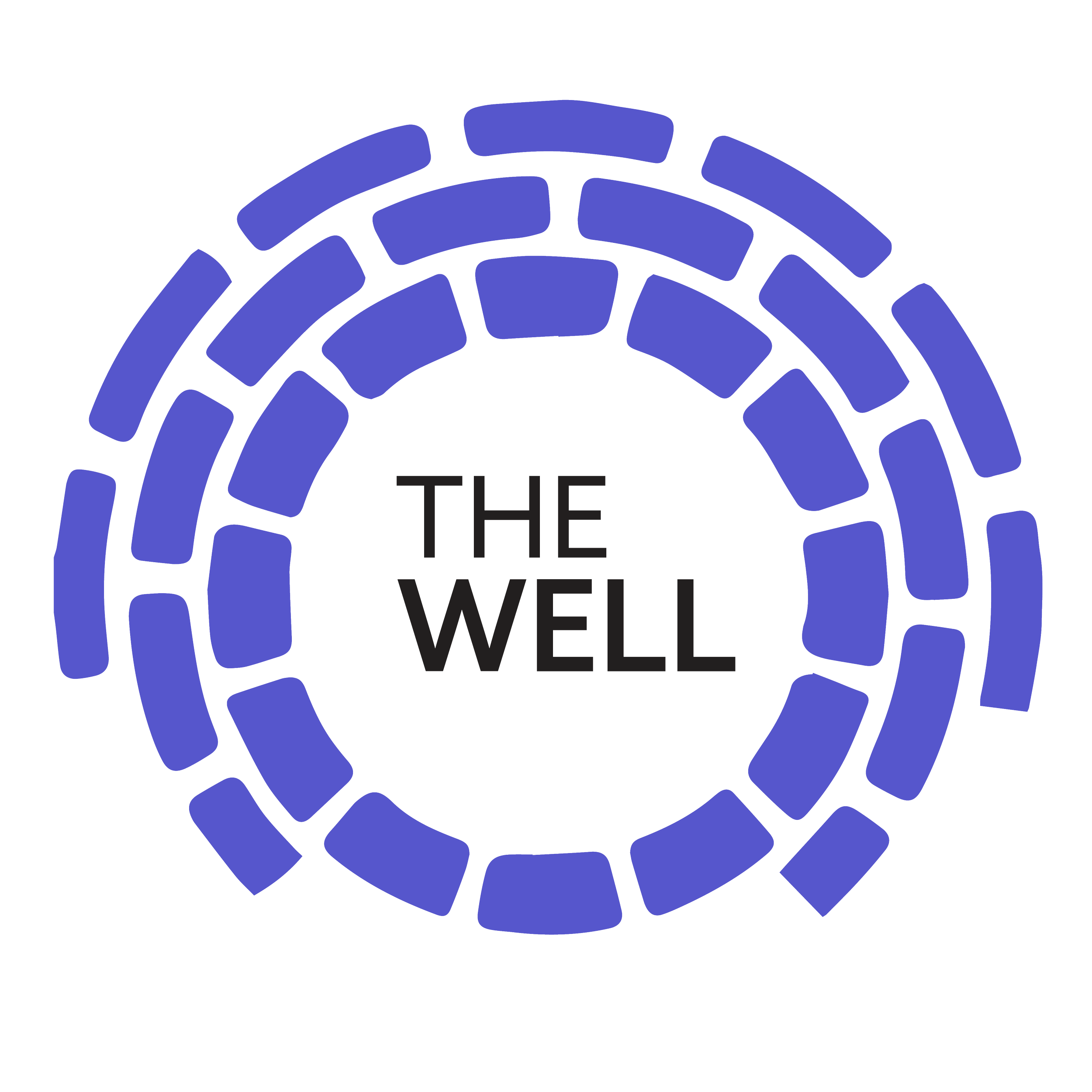Intentional Partnership: Risk, Vision, and a Good Story
Once, I was in a taxi in San Francisco, headed from the airport to a friend’s house where I was staying. The driver was friendly and conversational, which I appreciate. These interactions can be fun, help pass the time, and often include familiar questions: “What brings you to the city? What do you do?” In those moments, I often wrestle with whether or not to reveal that I’m a rabbi, which sometimes invites uncomfortable conversations. This time, I took the risk—and immediately, the questions about Judaism began.
As we neared the end of the ride, the driver asked, “Is there a difference between how Jews and Christians read the Bible?” It was an interesting question, and I explained that one key difference is that Jews don’t read the Bible alone—we read it with a partner, a chevruta.
Chevruta, or learning partnership, is one of the oldest forms of Jewish partnership. Its purpose is to sharpen both partners’ perspectives on a text, unpack ideas, and discover new interpretations of stories and teachings. At its best, this partnership is free of agenda—the pair learns for the sake of learning. This is known as Torah Lishmah (literally, “Torah for its own sake”), which reflects the ideal rabbinic vision of engaging with Torah.
In organizational partnerships, the chevruta model is fundamental.
First, the best partnerships emerge where there is potential for growth - same with a learning partner. While initial alignment often starts with aligned purpose and values, our most successful partnerships at The Well have been driven by a shared vision—whether for a program, project, or a broader community initiative.
The core question when building a partnership should always be: Do our organizations share a vision? As Michael Hyatt writes in The Vision Driven Leader: “Business as usual produces predictable results. But if you want something fresh, something new, that takes vision. Greatness only happens by design.” When organizations recognize how their visions align, they can design a new vision together.
Once the partnership is committed, strategic assessment of how to approach the partnership is crucial. Ask yourselves: What must exist for this to be successful? What unknowns are you excited about reimagining together? As Hyatt also notes, “A practical vision is specific enough to suggest strategy, but not so specific that it locks you into a single path. Your vision is sacred, but your strategies can adapt.”
Being clear about what your organization is willing to be flexible on from the outset benefits everyone involved. This approach not only strengthens collaboration but also allows for the organic evolution of ideas or program elements. A flexible mindset creates an environment ripe for innovation and deeper partnership.
Like the dynamic between learning partners in chevruta, strong partnerships push organizations outside their comfort zones. Often, when we think of partnerships, we focus on how the other person or organization will fit into our existing work. But the best partnerships require opposite thinking. Successful collaboration calls for a readiness to change, adapt, and embrace unpredictability. This is achieved by establishing clear roles, systems, and expectations that welcome growth while minimizing unexpected friction or bottlenecks.
Lastly, effective partnerships produce dynamic shared stories. Similar to a great shiur (a Jewish learning session), these stories have a beginning, middle, and end that illustrate how a vision led to iteration, execution, and measurable impact. At The Well, one of our favorite partnership stories involves our collaboration with Zingerman’s Delicatessen.
We approached Zingerman’s to partner on our Friendseder initiative, rooted in our vision for how food can tell stories of freedom and friendship. Zingerman’s shared a similar vision of the power of food and storytelling. From there, we imagined our shared project, defined our roles and goals, and thus, the Zingerman’s Friendseder Community Brunch was born—a beautiful tradition that continues to grow and sell out every year.
Through this partnership with Zingerman’s, we learned how our values could be expressed in new ways, how each organization could adapt to improve both existing and future projects, and the true potential of what we had only begun to explore. When a partnership starts with a shared vision, both parties become accountability partners and mutual supports.
At The Well, our approach to partnership reflects the Jewish tradition of chevruta: learning together, adapting, and striving to make an impact that extends far beyond ourselves.
